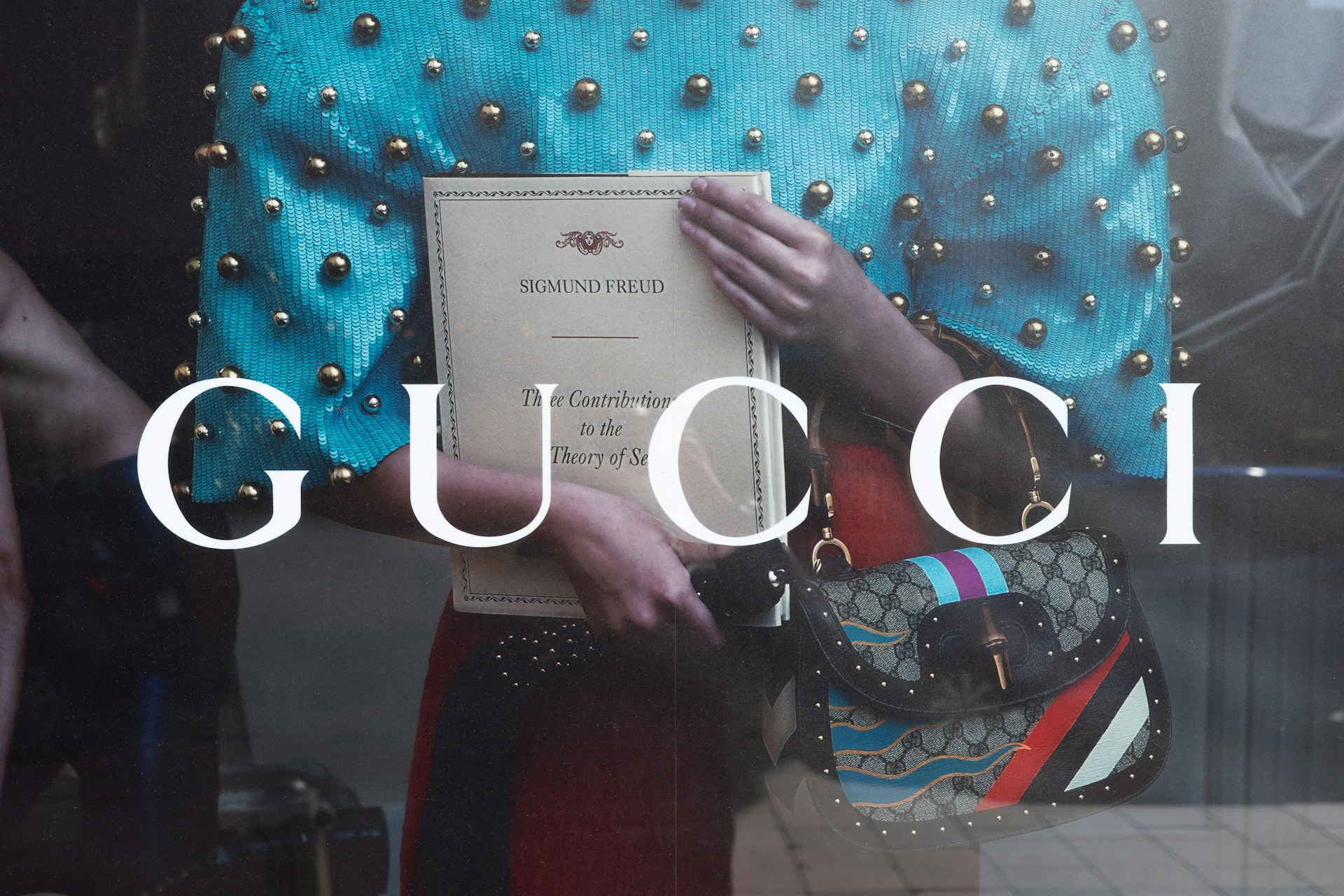In a significant turn of events, employees at the esteemed fashion house Gucci have voiced their concerns over the denial of a welfare bonus, leading to potential strike action. The news, reported on August 5, 2025, highlights ongoing tensions between workers and management within one of the most recognized luxury brands globally.
Background of the Issue
Around 1,000 retail and logistics employees in Italy have officially declared a “state of unrest,” according to Italian trade unions such as Filcams Cgil, Fisascat Cisl, and Uiltucs. This declaration signifies a critical juncture in labor relations, marking the possibility of industrial action if negotiations do not yield satisfactory outcomes. The unions argue that Gucci has previously assured them of welfare bonuses for 2025, as established in an agreement from the 2022-2024 period—an agreement they believe is still valid in light of ongoing negotiations.
The Company’s Response
Gucci has yet to issue a public comment regarding the labor unions’ claims. There seems to be a shift in the company’s stance, as reports indicate that Gucci wishes to tie the welfare payment to a broader review of incentive schemes, which the unions have described as unacceptable. This move is being perceived as a delay tactic, and union representatives are vocal about their dissatisfaction, stating that it undermines the hard work and dedication of employees who have been waiting for the promised welfare payment.
The Broader Context
The stakes are high for Gucci and its parent company, Kering. Known as Kering’s flagship brand, Gucci has experienced declining sales in recent years, causing a ripple effect that adversely impacts the luxury conglomerate’s performance. Under the leadership of new CEO Luca de Meo, Kering is looking to reinvent itself and restore the brand’s once-thriving allure in the global market.
Insights on Labor Relations in Fashion
This situation presents a compelling case study on labor relations in the luxury sector, where the brand’s image and employee satisfaction can significantly affect consumer perception and overall performance. As high-profile brands like Gucci navigate complex financial landscapes, the balance between corporate strategy and employee welfare remains crucial.
The potential for a strike not only signals discontent but also challenges the broader narrative of luxury brands being insulated from such labor issues. Workers in the luxury sector are increasingly advocating for transparency and fair compensation, and as evidenced by this Gucci situation, the stakes are higher than ever. Companies must prioritize genuine dialogue with their employees to foster an environment of trust and cooperation.
Conclusion
The unfolding situation between Gucci and its employees serves as a reminder of the intricate dynamics at play in the fashion industry. As workers fight for their rights and seek assurances regarding compensation, the spotlight is firmly on the company to address these concerns earnestly. For Gucci, restoring employee faith could be a vital step in stabilizing its business operations and reasserting its position as a leader in luxury fashion.
Image Source: Unsplash




























